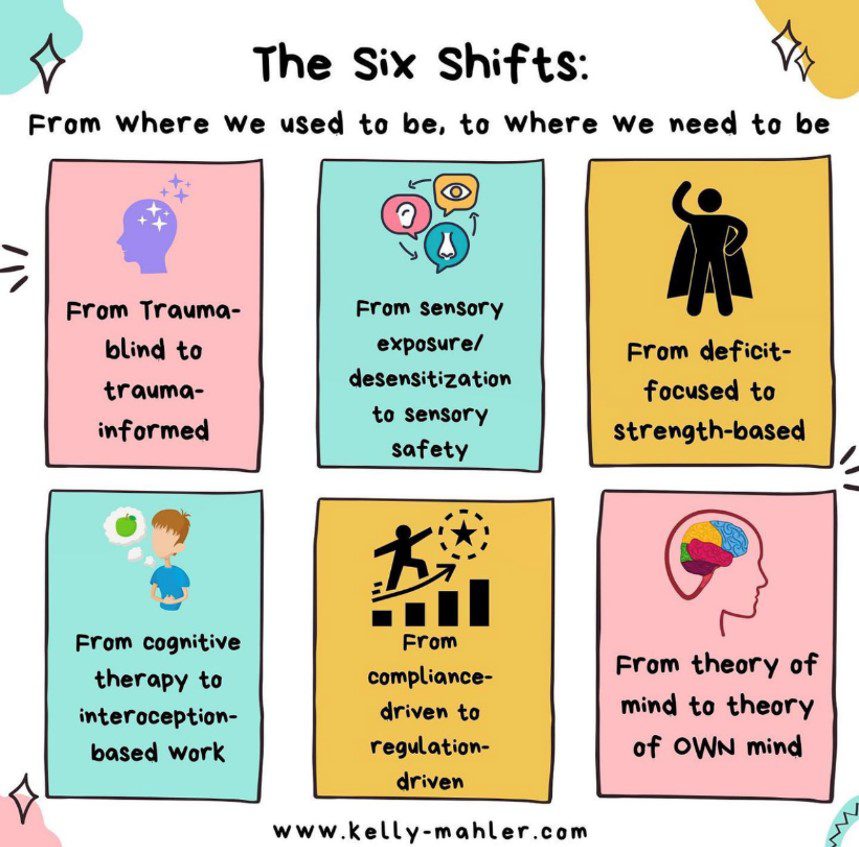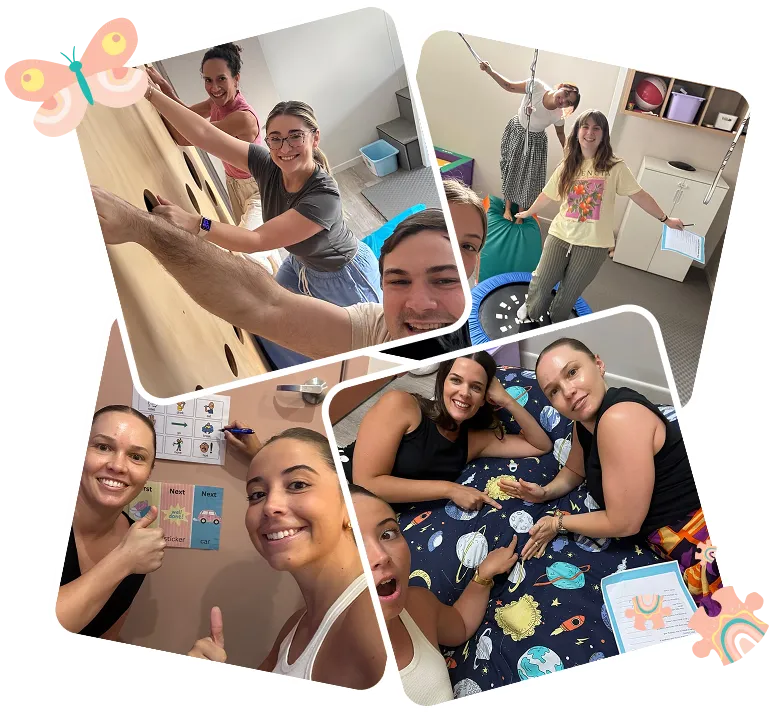
What is Neurodiversity?
Neurodiversity refers to the differences that exist in the way humans process, think, create and exist in the world. Neurodiversity is natural as there will always be natural genetic variations within any species and humans are no different!
“Neurodiversity refers to the virtually infinite neuro-cognitive variability within Earth’s human population. It points to the fact that every human has a unique nervous system with a unique combination of abilities and needs.” As coined by Judy Singer – https://www.neurodiversityhub.org/what-is-neurodiversity
Imagine if we all thought the same, behaved the same, interacted the same and just generally existed in the world in the same manner. Not only would that be boring it would not be propelling us, as a human race, forward. Sameness would not be enabling us to learn, grow, develop and ultimately evolve.
This neurodiverse affirming paradigm challenges the way that Autistics, ADHDers and other neurotypes such as those who have Dyslexia, Dyspraxia or Dyscalculia have been marginalised within society. The Neurodiversity movement encourages us to celebrate these neuro -variations. The movement promotes a more positive lens for viewing the talents of these individuals and replace our stereotyped and deficit focused perceptions.
Neurodiversity is incredible! Being Neurodiverse affirming means you view it this way and you are focused on supporting people as they are whilst recognising that at times each individual will need coping strategies and tools to function in a predominantly neurotypical world.
A neurodiverse affirming therapist is interested in supporting safety and connection as opposed to focusing on compliance or pushing a child to act inauthentically. A neurodiverse therapist will get to know your child’s strengths, abilities, interests and what supports them to feel safe and heard.
A Neurodiverse affirming therapist doesn’t see the person’s condition as needing to be “fixed” or something to “get rid of”. They don’t run “social skills programs” or force eye contact or try to stop a child from Stimming.
Kelly Mahler, Occupational Therapist and Champion for promoting Neurodiverse Affirming approaches within therapy outlines six shifts we need to make in order to work toward Neurodiverse Affirmative practises:

Embracing these shifts can be as simple as the following in sessions;
Being aware of triggers and trying to avoid these. Where this isn’t possible providing predictability where possible and allowing the child to have a sense of control or agency wherever possible.
Creating pleasurable experiences in the session rather than trying to ‘desensitise’ a little person to something that doesn’t feel safe or ok for them.
Focusing on strengths – always!
Giving the child choice of how they want to use the time in their sessions to support regulation over compliance.
Supporting the little person to feel connected with their body rather than focusing on what they are thinking and how to change this.
Worrying less about whether the child can recognise what is on your mind and get them focusing on what is happening for them and the importance of this.
At Inside Out Therapy we are very proud of our Neurodiverse Affirming approach and are committed to making shifts to embrace this way of thinking, feeling and doing.
